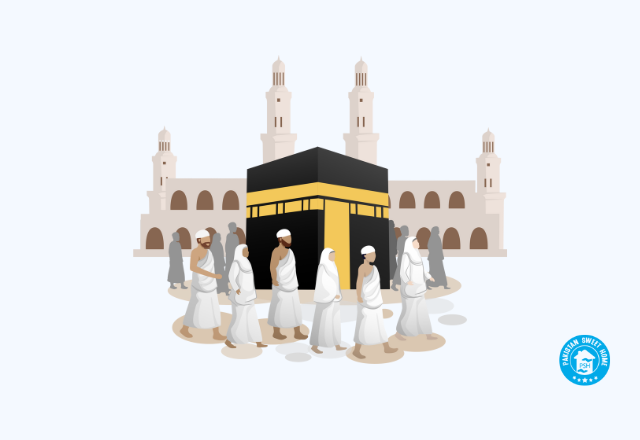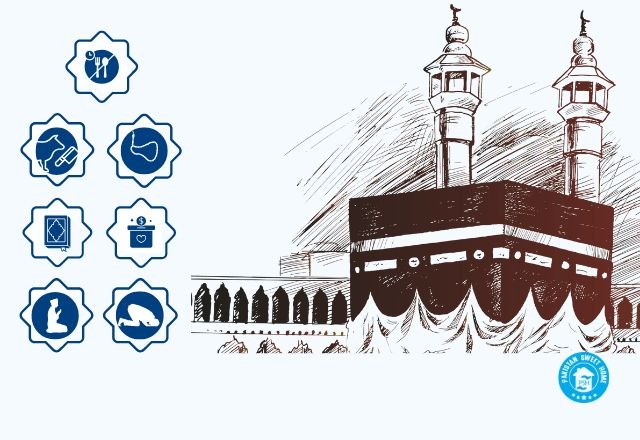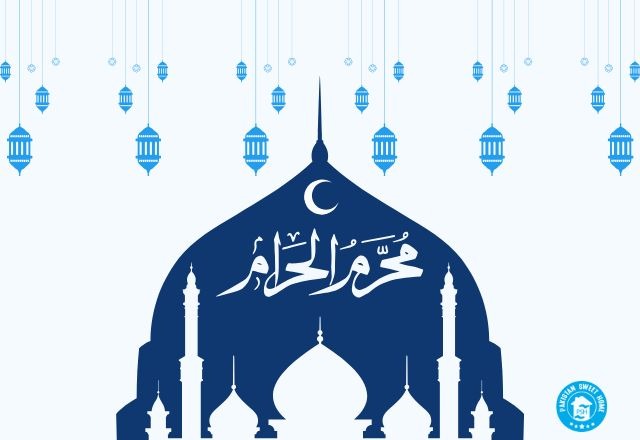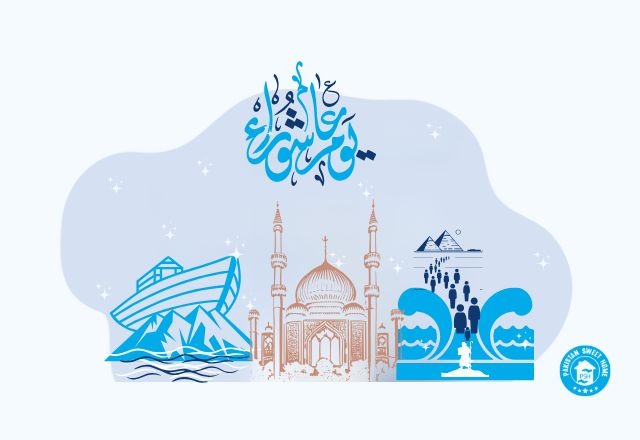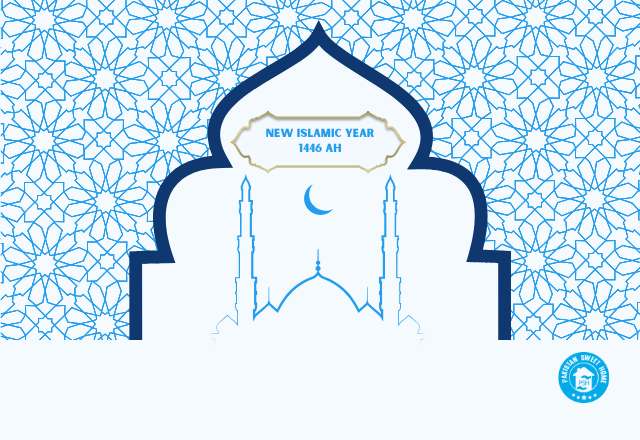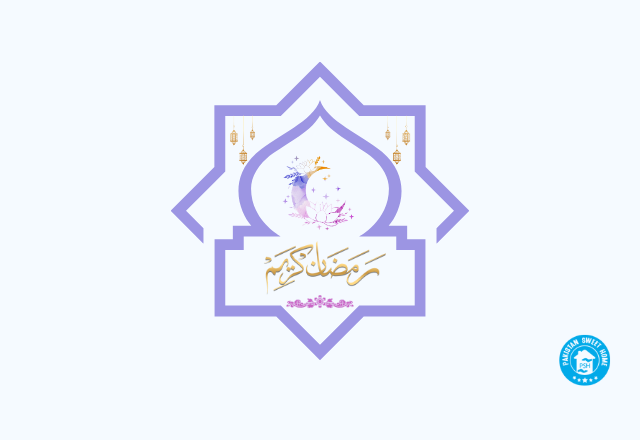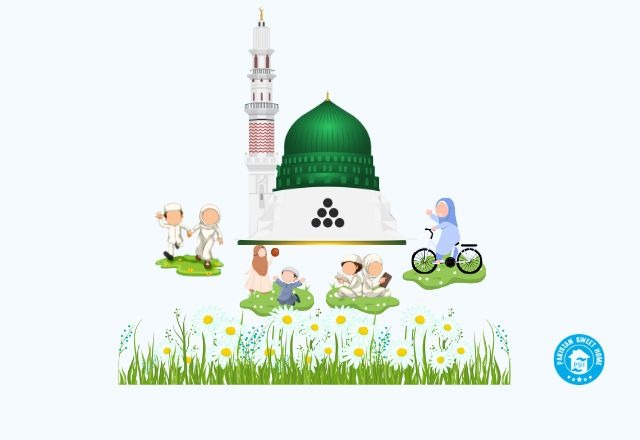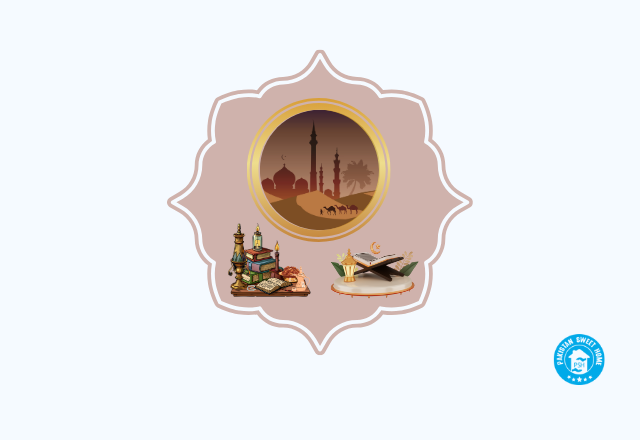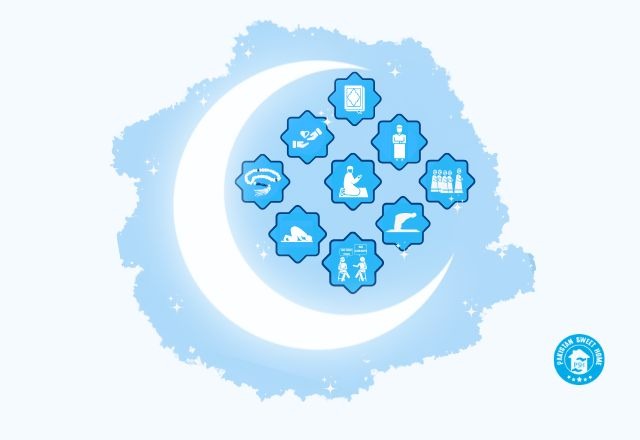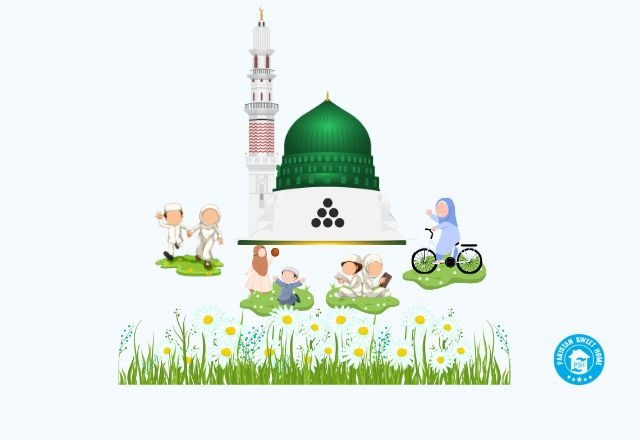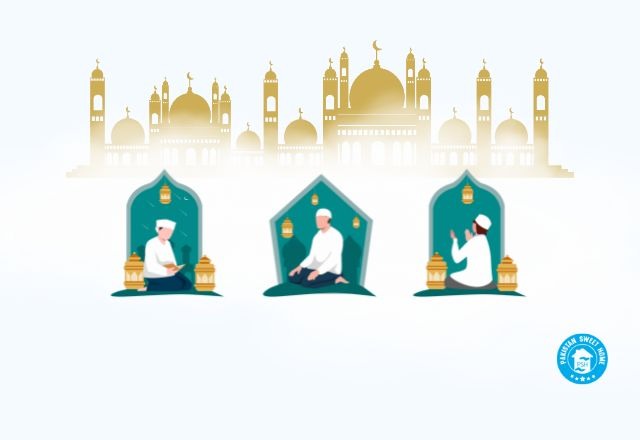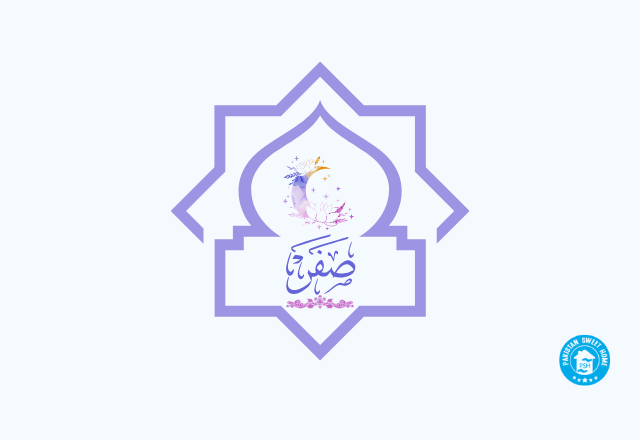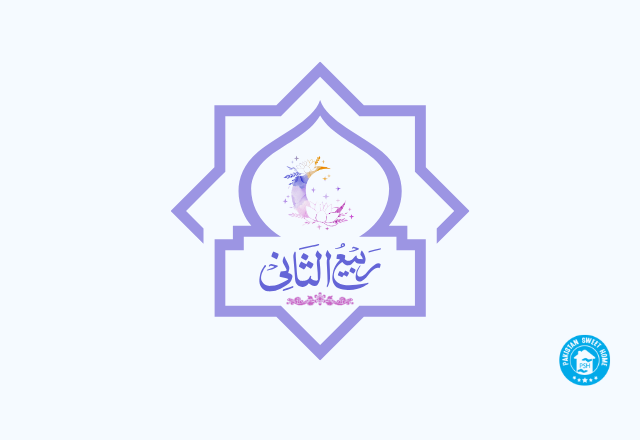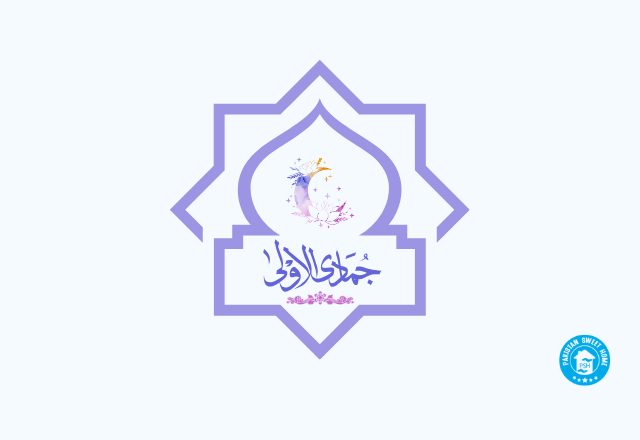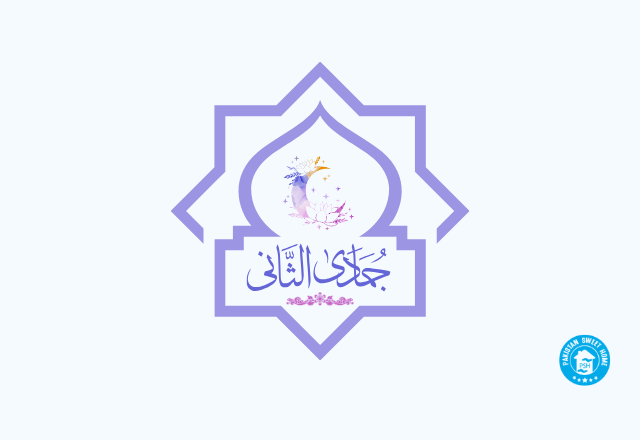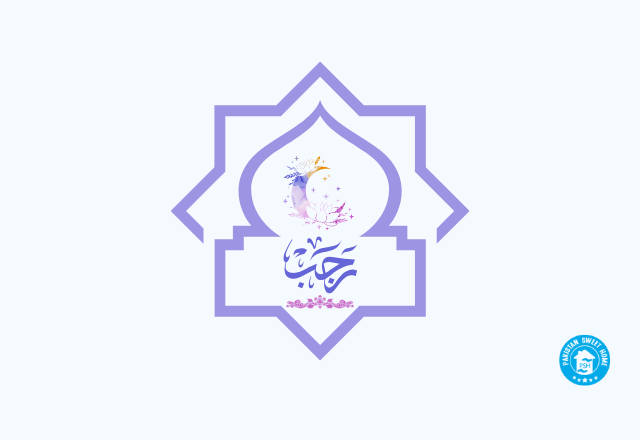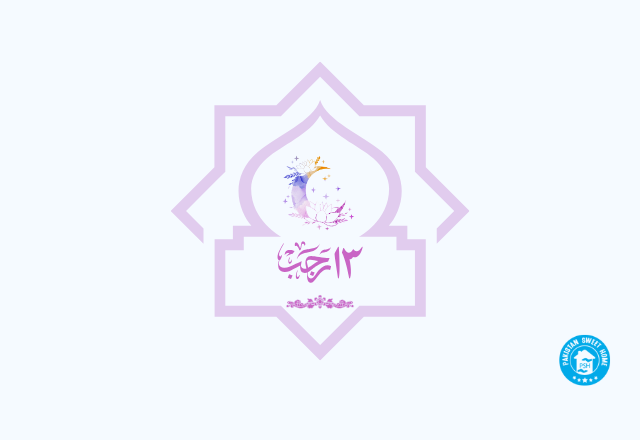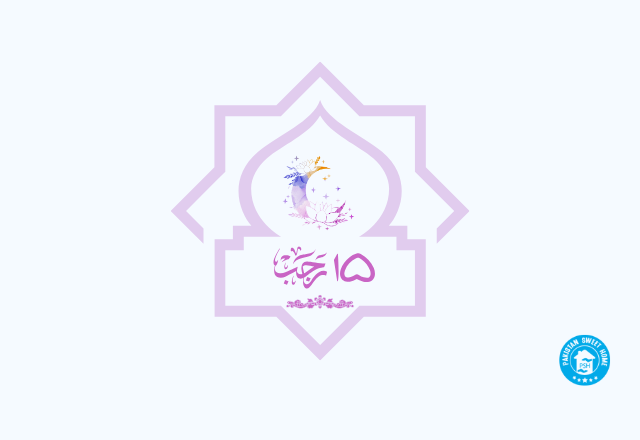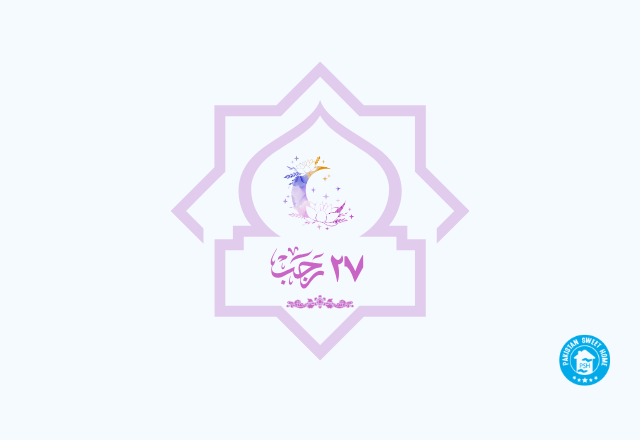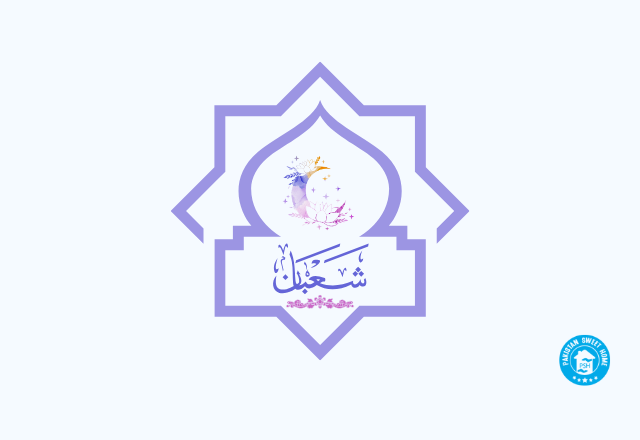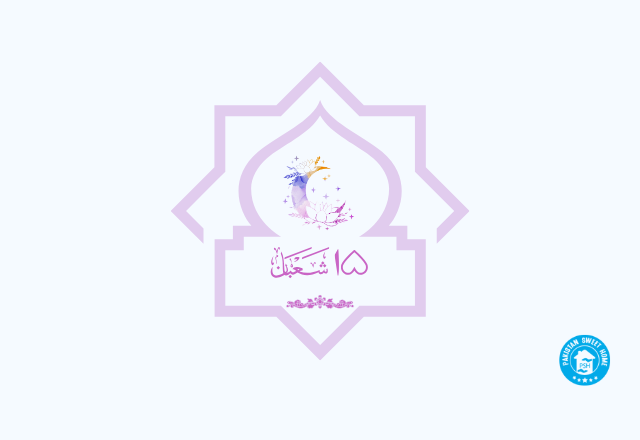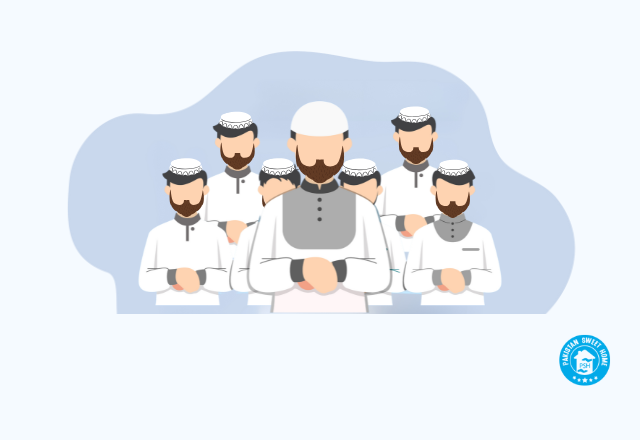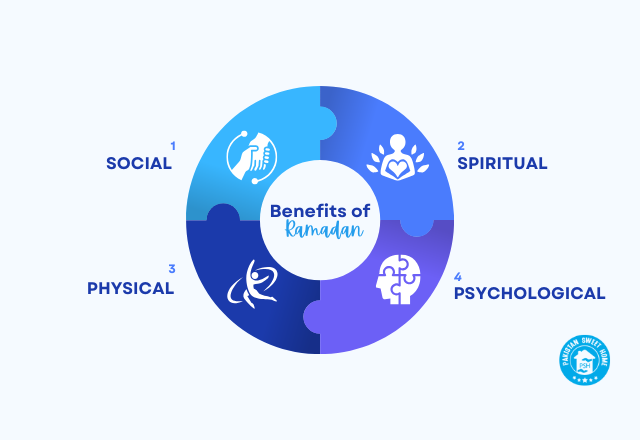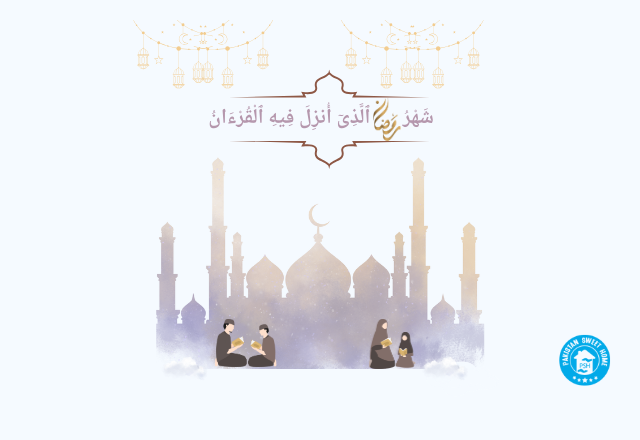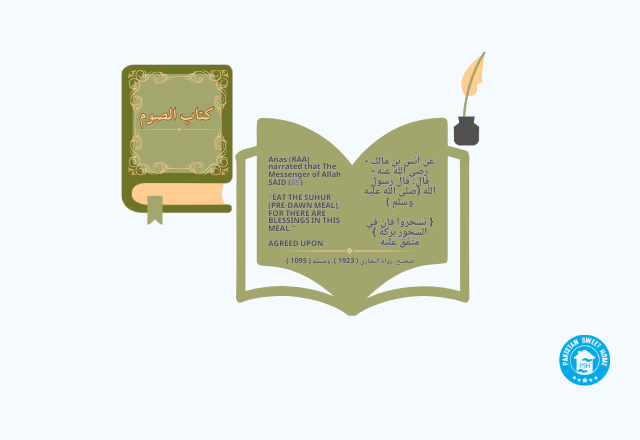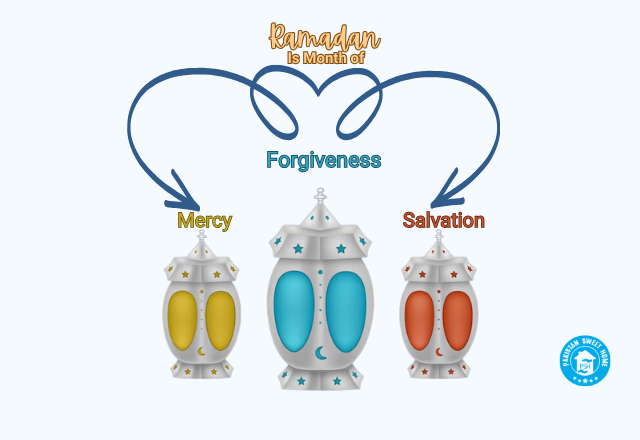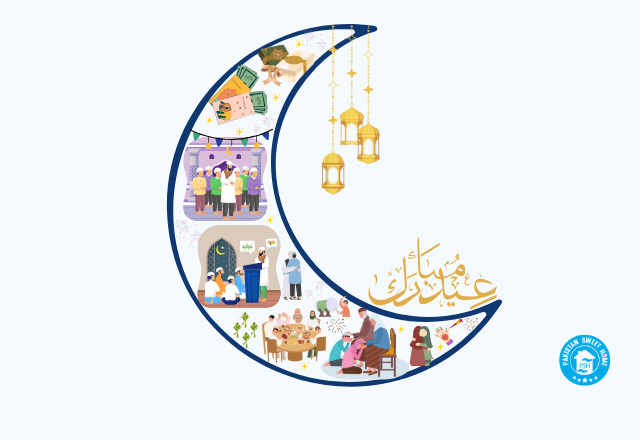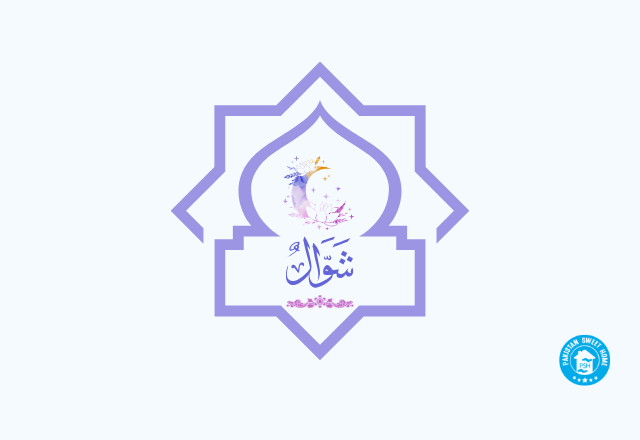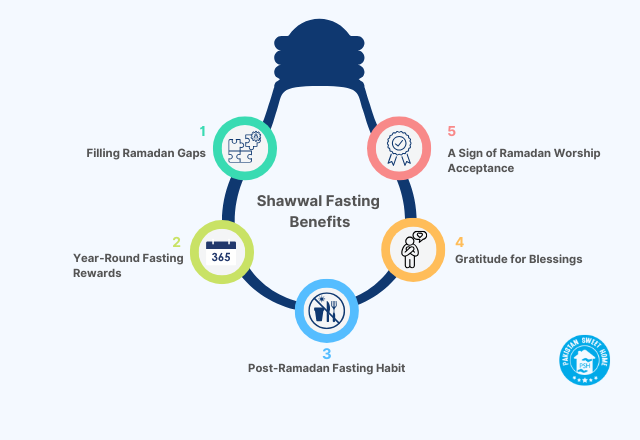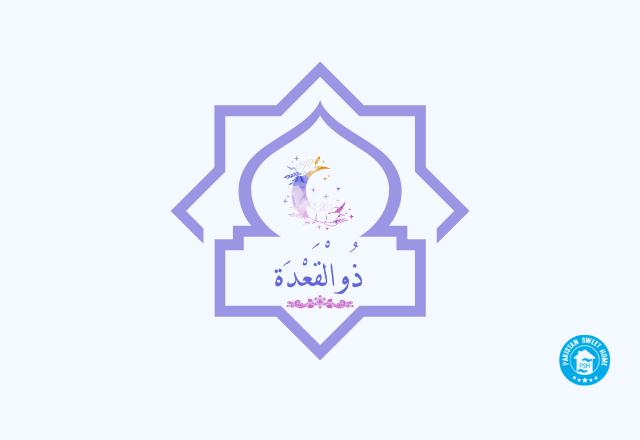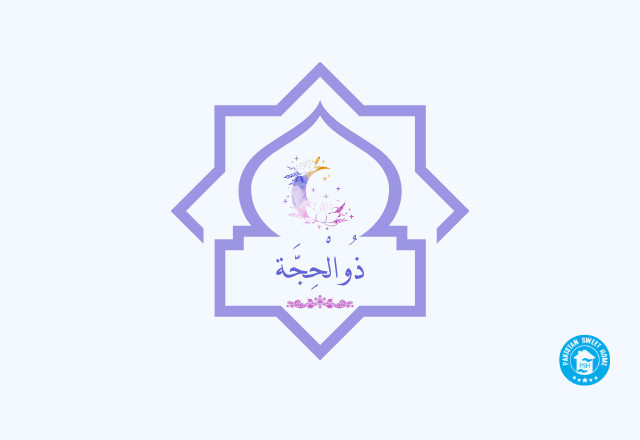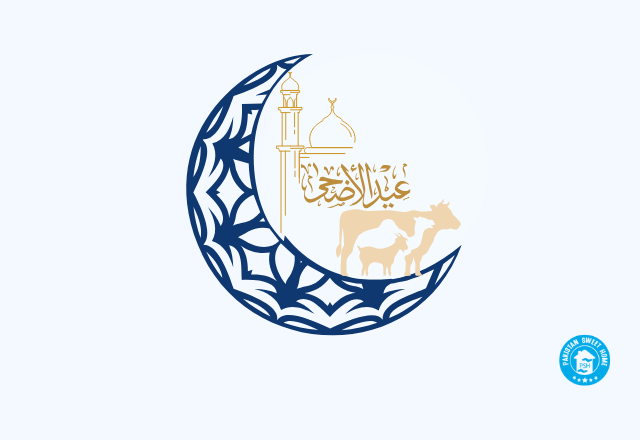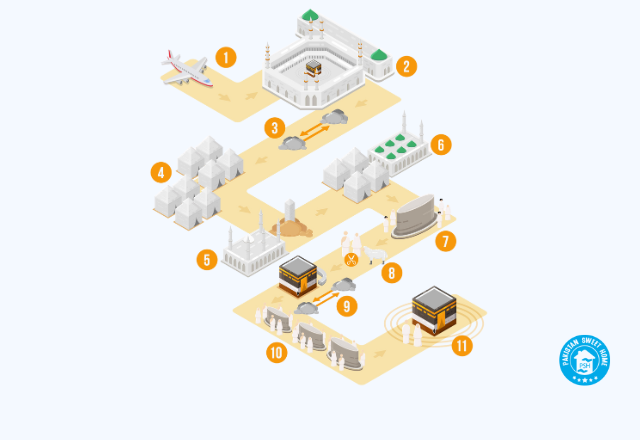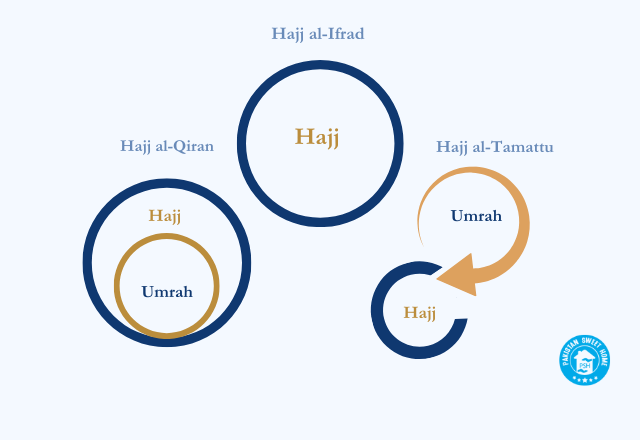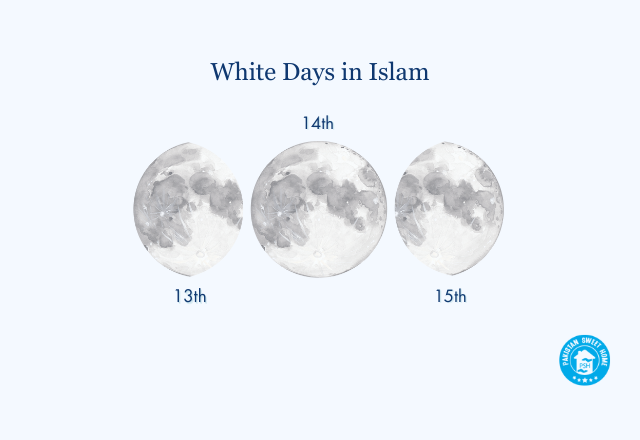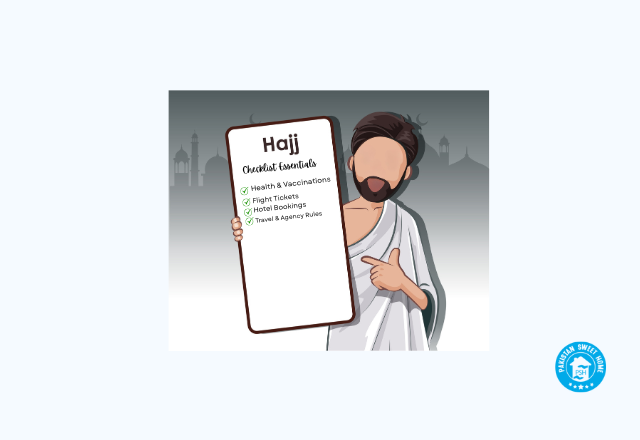Umrah is often referred to as the 'lesser' or 'minor' pilgrimage in Islam.
Umrah pilgrims travel to Makkah, the blessed city in Saudi Arabia, to perform rituals centered around the Ka'aba, the heart of the Islamic faith and the focal point of worship for Muslims worldwide. The Umrah pilgrimage includes specific acts of devotion, each offering an opportunity for spiritual reflection and drawing closer to Allah.
Now, let's explore the details of Umrah.
History of Umrah
Prophet Muhammad (PBUH) performed Umrah for the first time in the 6 AH, accompanied by 2,000 followers. It followed a period of immense struggles and sacrifices by Muslims who faced significant challenges.
After the Hijra Sharif, He (PBUH) migrated to Madinah to escape persecution from the disbelievers in Makkah. The tensions between the Muslims and disbelievers of Makkah remained high even after the Prophet's migration.
A few years after Hijra Sharif, Prophet Muhammad (PBUH) had a dream where he performed the rituals of Umrah. He (PBUH) and his companions set out to Makkah to perform Umrah.
When the disbelievers heard that many Muslims were approaching Makkah, they became anxious. They feared the Muslims were planning an attack on the city. Prophet Muhammad (PBUH), however, had no such intentions. To ease their concerns, He (PBUH) sent an emissary to Makkah to explain that they were only coming for Umrah.
At Hudaybiyyah, the Qurayshites refused entry into Makkah, insisting that the Muslims return the following year for Umrah. Prophet Muhammad (PBUH) showed deep respect for the sacredness of Makkah.
He (PBUH) refused to enter the holy city by force. Rather than causing conflict, he honored the sanctity of the Ka’aba. Instead, He chose the path of diplomacy and peaceful negotiation. This led to the Treaty of Hudaibiyyah, stipulating a 10-year truce, with Muslims granted access to the Ka’aba for three days yearly.
Significance of Umrah
Umrah is a Sunnah of Prophet Muhammad (PBUH), which holds great significance for Muslims on their path to Allah. He (PBUH) made significant efforts and struggled to establish Umrah as a regular Muslim practice. He (PBUH) advised performing Umrah at least once in a lifetime, and he completed the journey four times.
Umrah serves as a way for Muslims to purify their hearts, seek closeness to Allah, and attain spiritual peace. It offers an opportunity for Muslims to have their duas answered and receive forgiveness for past sins.
Abu Hurairah narrated that the Messenger of Allah (PBUH) said,
1. “Those who perform Hajj and ‘Umrah are Allah’s honored guests. When they call upon Him, He responds to them; and when they seek His forgiveness, He grants it.”
Sunan Ibn Majah: 2892
2. "Three are considered the honored guests of Allah, the Almighty, and Majestic: the warrior, the pilgrim performing Hajj, and the pilgrim performing Umrah.'"
Sunan an-Nasa'i: 3121
Types of Umrah
There are two types of Umrah:
- Umrah al-Mufradah: This type of Umrah is performed separately from Hajj and can be carried out at any time of the year, except during the Hajj days.
- Umrah al-Tamattu: This type of Umrah is performed alongside Hajj, during the month of Dhul al-Hijjah, before the Hajj rituals begin.
Rituals of Umrah
Understanding the rituals of Umrah helps clarify its significance. The major difference between Hajj and Umrah lies in timing, as Umrah can be performed at any time, while Hajj is specific to Dhul al-Hijjah.
Umrah consists of four components:
- Ihram
- Tawaf around the Sacred House
- Sai between al-Safa and al-Marwah
- Hair cutting or shaving
Let’s explore how to perform these rituals.
1. Ihram
Ihram involves the intention to begin the rituals of Hajj or Umrah.
Before entering ihram, the pilgrim should change clothes, perform ghusl, and apply perfume to their head and beard. Applying perfume before ihram is acceptable, as Aishah (may Allah be pleased with her) reported that the Prophet (PBUH) did so, leaving visible traces.
Ghusl is sunnah for both men and women, including those menstruating or post-childbirth.
Aisha (may Allah be pleased with her) reported that Asma' bint ‘Umais gave birth to Muhammad ibn Abu Bakr near Dhu’l-Hulaifa. The Messenger of Allah (PBUH) instructed Abu Bakr to tell her to take a bath and then enter the state of Ihram.
Sahih Muslim: 1209
After performing ghusl and applying perfume, the pilgrim should wear ihram garments. If needed, they should pray the obligatory Sunnah prayer. The pilgrim should enter the ihram before leaving the miqat for Makkah, even if it is after boarding the transport.
Once ready, the pilgrim recites the Talbiyah, saying, "Labbayk Allahumma bi Umrah" to announce their intention for Umrah.
The pilgrim recites the full Talbiyah, "Labbayka Allahumma Labbayk..." as the Prophet (PBUH) taught, declaring Allah’s sovereignty.
He (PBUH) instructed men to recite the Talbiyah loudly. Women should recite it softly unless there is no mahram nearby. If the pilgrim fears they may not be able to complete the pilgrimage, they should make a condition. This condition allows them to exit the ihram if necessary.
If conditions prevent the completion of Umrah, the pilgrim may exit the ihram without any penalty. This follows the example of Duba’ah bint al-Zubayr. The pilgrim should recite the Talbiyah often, especially during changes in time or place. They should also ask Allah for His mercy and Paradise.
The Talbiyah continues until the pilgrim begins tawaf; it should stop once tawaf starts.
2. Tawaf
Upon entering the Masjid al-Haram, the pilgrim should enter with the right foot. They should also say a prayer for forgiveness and mercy. The pilgrim should go to the Black Stone, touch it, and kiss it if possible; otherwise, they should point to it.
Touching the Black Stone holds great virtue, as the Prophet (PBUH) said it will testify for those who touched it sincerely. Pilgrims should avoid disturbing others and crowding the area around the Black Stone, as the Prophet (PBUH) instructed.
At the Yemeni Corner, the pilgrim should touch it, saying a supplication without crowding or kissing the stone. The pilgrim should recite any dhikr, du’a, or Qur’an during tawaf, as it is a time for remembering Allah.
Tawaf Actions for Men
Men should uncover the right shoulder during tawaf, covering it again after completing the seven circuits. Men should also perform rami (walking quickly) for the first three circuits and then walk normally for the remaining four.
Upon completing tawaf, the pilgrim should pray two rak’ahs at Maqam Ibrahim. They should recite Surah al-Kafirun and Surah al-Ikhlas. The pilgrim should return to the Black Stone and touch it, if possible, after completing the prayer at Maqam Ibrahim.
3. Sa`i
At the Mas’a, the pilgrim should begin at al-Safa, reciting the verse about As-Safa and Al-Marwah being symbols of Allah. The pilgrim climbs al-Safa and faces the Kabah, making dua and praising Allah as the Prophet (PBUH) did.
The Prophet (PBUH) used to recite praises of Allah, acknowledging His dominion and power while seeking His mercy.
After making dua on al-Safa, the pilgrim should descend and walk towards al-Marwah, reciting:
"Inna as-Safa wal-Marwah min sha’ir Allah"
Translation: Indeed, As-Safa and al-Marwah are among the symbols of Allah.
They should walk between the two mountains in a manner prescribed by the Sunnah. When reaching al-Marwah, they should climb and face the Ka'bah, raise their hands, and supplicate. This act is repeated until the pilgrim completes the seven circuits between al-Safa and al-Marwah.
4. Shaving the Head or Cutting the Hair
After completing the sai, the pilgrim should either shave the head or cut a portion of the hair. For men, shaving is recommended, while women should cut a small portion of their hair. This signifies the completion of the Umrah rituals.
It was narrated from Ibn 'Umar that the Messenger of Allah (PBUH) said:
"May Allah have mercy on those who shave their heads." They asked, "And those who cut their hair, O Messenger of Allah?" He replied, "May Allah have mercy on those who shave their heads."
They repeated, "And those who cut their hair, O Messenger of Allah?" He responded again, "May Allah have mercy on those who shave their heads." When they asked once more, "And those who cut their hair, O Messenger of Allah?" He said, "And those who cut their hair."
Sunan Ibn Majah: 3044
These steps, as narrated in the Sunnah, highlight the complete Umrah ritual. They guide Muslims through each act with the wisdom of the Prophet's example.
Rewards of Umrah
Performing Umrah offers Muslims the chance to have all their sins forgiven, along with earning immense rewards. Prophet Muhammad (PBUH) considered Umrah one of the most effective acts of worship, and following his Sunnah grants great rewards.
Jihad for All Muslims
The reward of performing Umrah is equivalent to jihad. Jihad means a struggle in the path of Allah. It is one of the most noble and beloved acts of Allah, and Umrah provides the same reward without sacrifice.
It was reported by 'Abdullah that Abu Hurairah narrated from the Messenger of Allah, who said:
"The Jihad of the elderly, the young, the weak, and women is Hajj and Umrah."
Sunan an-Nasa'i: 2626
Allah’s Special Allocation Reward
The Messenger of Allah (PBUH) identified three groups of people as special visitors to Allah: the warriors, pilgrims, and those who perform Umrah. Each of these groups holds a unique and honored status in the eyes of Allah. These are all part of Allah’s allocation, called by Him, and He grants them rewards.
Messenger of Allah (PBUH) said,
“There are three types of people who visit Allah: the warrior, the one who performs Hajj, and the one who performs Umrah.”
(Sunan an-Nasa’i and Baihaqi, in Shu'ab al-Iman)
Mishkat al-Masabih: 2537
Purification from Poverty and Sin
Performing Umrah expiates the sins committed between it and the previous one. This shows that Umrah offers complete purification, and the opportunity to perform it is a divine gift from Allah. It also helps eradicate poverty and brings blessings to one’s wealth, as stated in the Hadith.
It was narrated by 'Abdullah that the Messenger of Allah said:
"Perform Hajj and Umrah one after the other, for they eliminate poverty and sin, just as bellows purify iron, gold, and silver. A Hajj Al-Mabrur brings a reward no less than Paradise."
Sunan an-Nasa'i: 2631
Reward of Umrah in Ramadan
The best time to perform Umrah is during the Islamic month of Ramadan, which provides the same reward as performing Hajj.
It was narrated by 'Abdullah that Ibn 'Abbas (May Allah be pleased with them) reported:
The Prophet (PBUH) said,
"Performing 'Umrah during Ramadan is equivalent to performing Hajj," or he said, "Equivalent to performing Hajj with me."
[Al-Bukhari and Muslim]
Riyad as-Salihin: 1278
In conclusion, Umrah holds great historical significance, offering Muslims a chance to seek Allah’s mercy and blessings. The rituals of Umrah, including Ihram, Tawaf, Sa'i, and shaving, reflect deep devotion, humility, and submission to Allah’s will and guidance.
Those wishing to perform Umrah can choose between Umrah al-Mufradah, which can be done anytime except during Hajj, and Umrah al-Tamattu, which is performed alongside Hajj before it begins.
Performing Umrah brings immense rewards, including the forgiveness of sins and the purification of the soul. These blessings are especially significant during the holy month of Ramadan.
May Allah grant us the opportunity to perform Umrah with sincere intentions, and may He accept our prayers and acts of worship.
Pakistan Sweet Home gives orphaned children in Pakistan shelter, education, love, and care, powered entirely by 100% donor support. Your orphanage donation can help feed, educate, and house a child who has no one else to turn to. Every rupee goes directly to the children, with zero deductions or admin costs. It’s a powerful way to create lasting change where it’s needed most.
Help Us Care for Orphans in Need!

info@pakistansweethome.org.pk
(051) 4865856
+92 335 1118477



